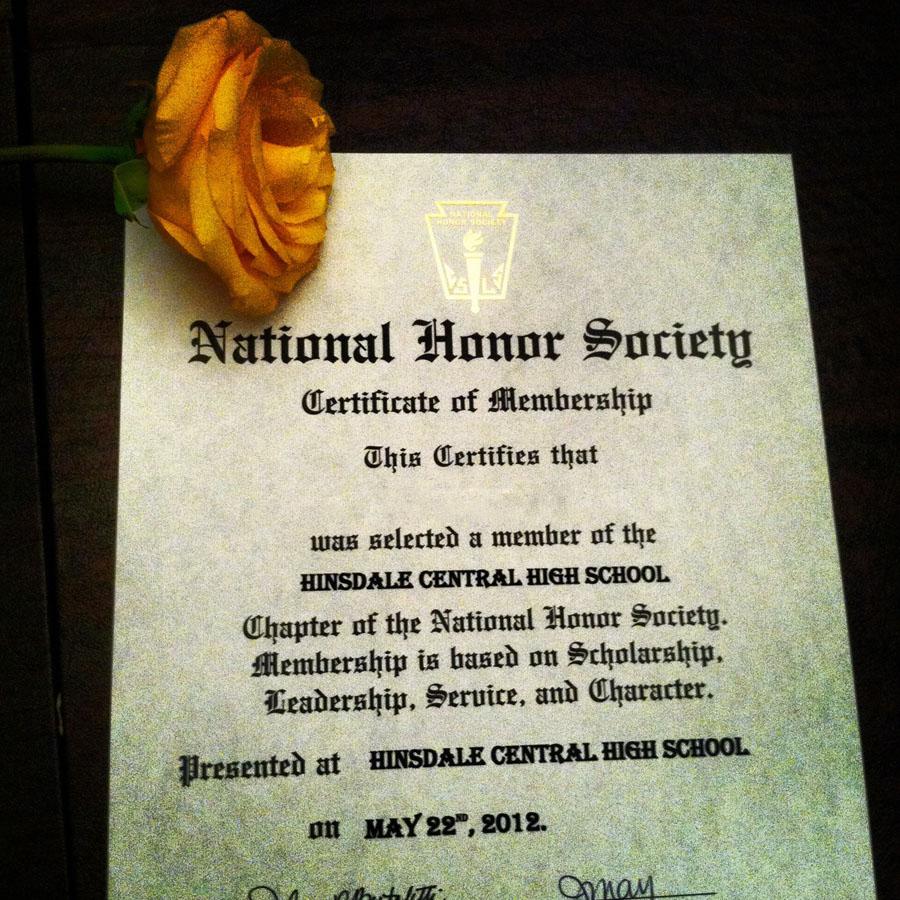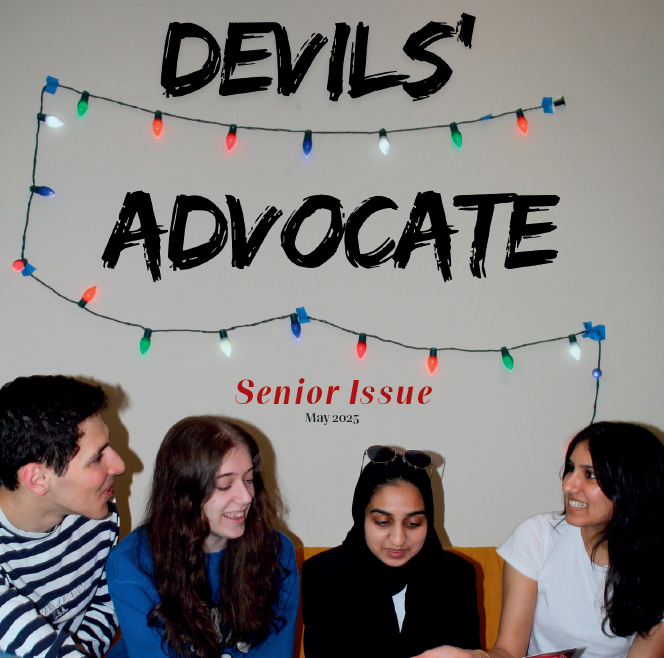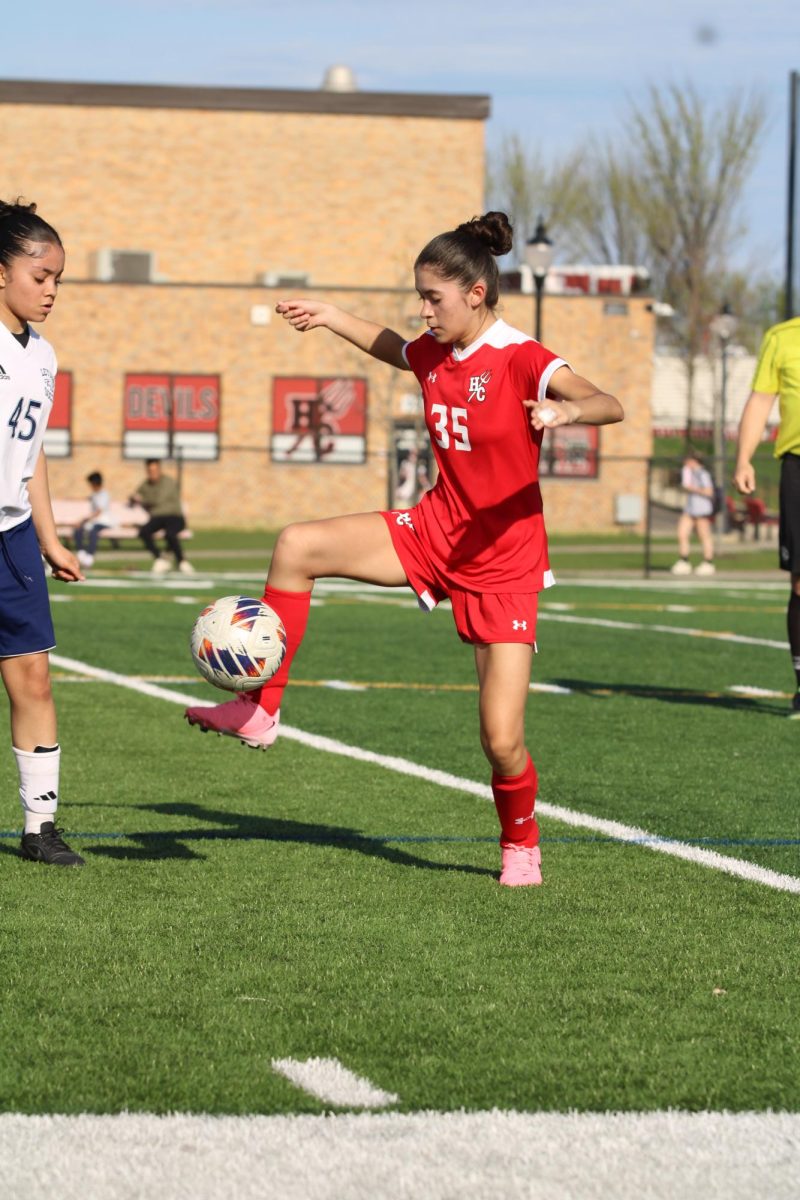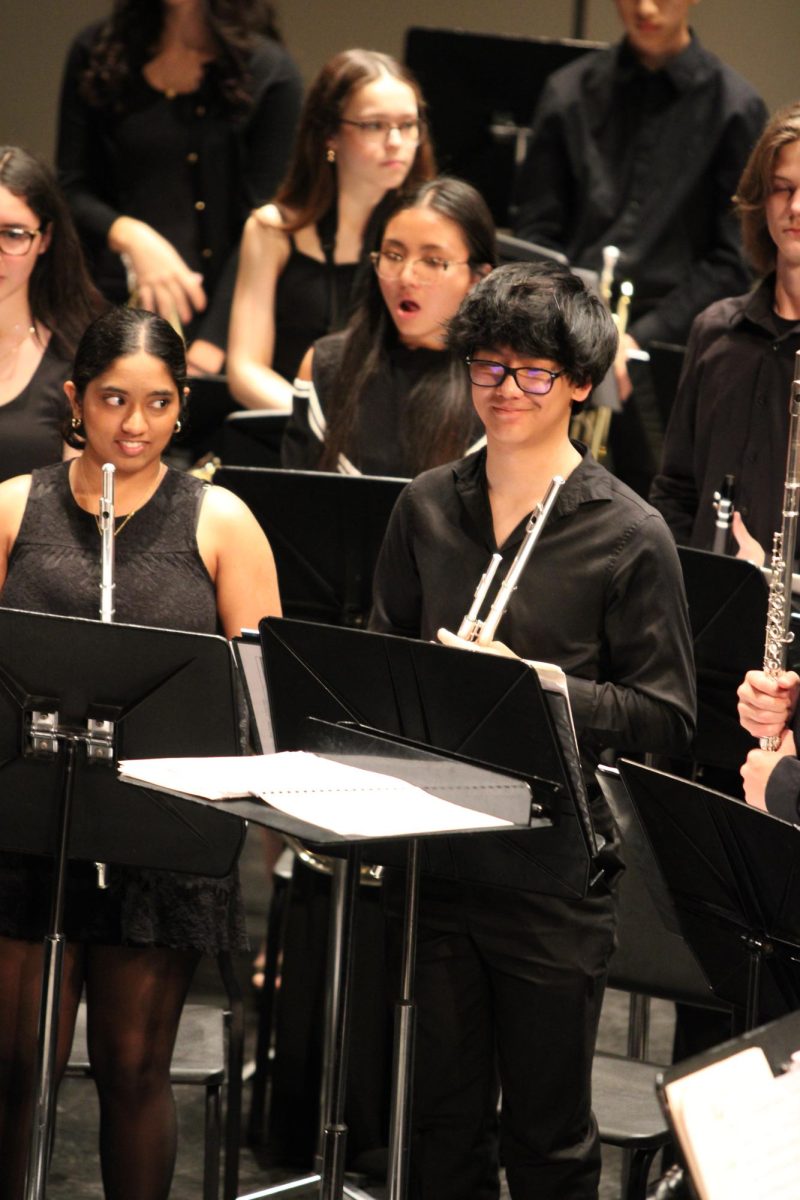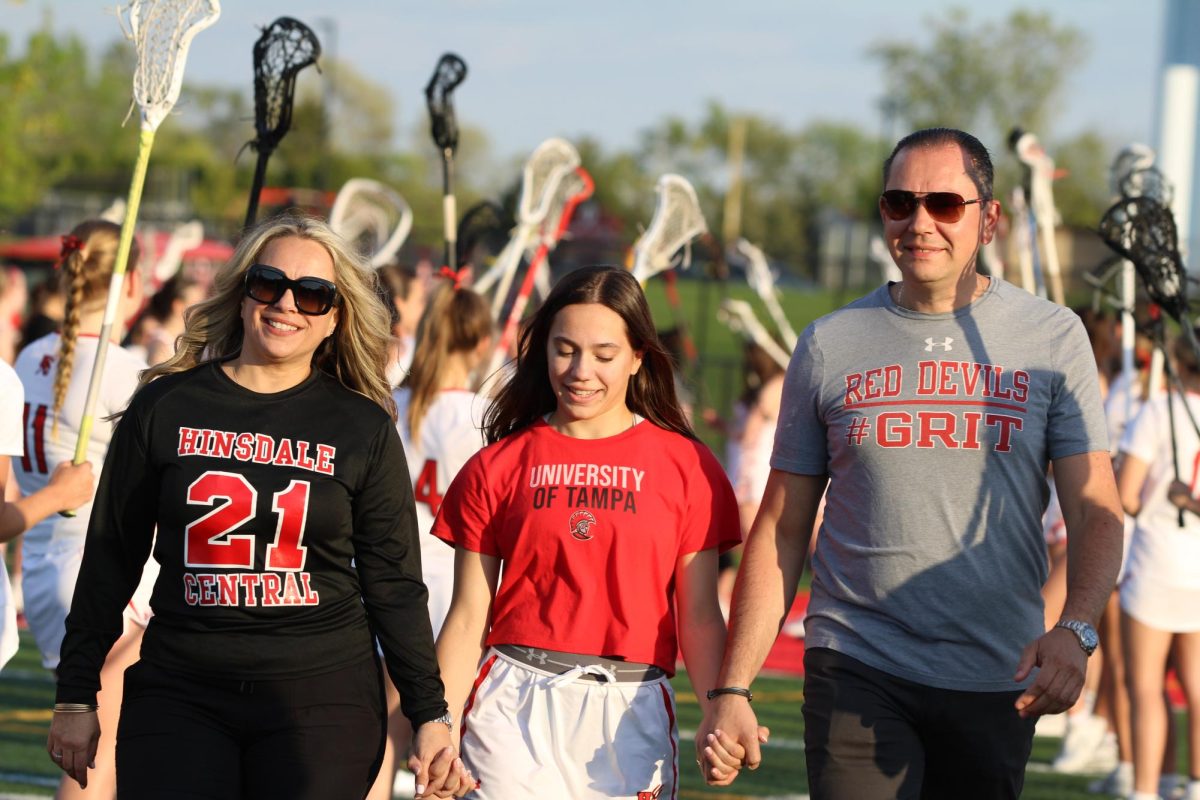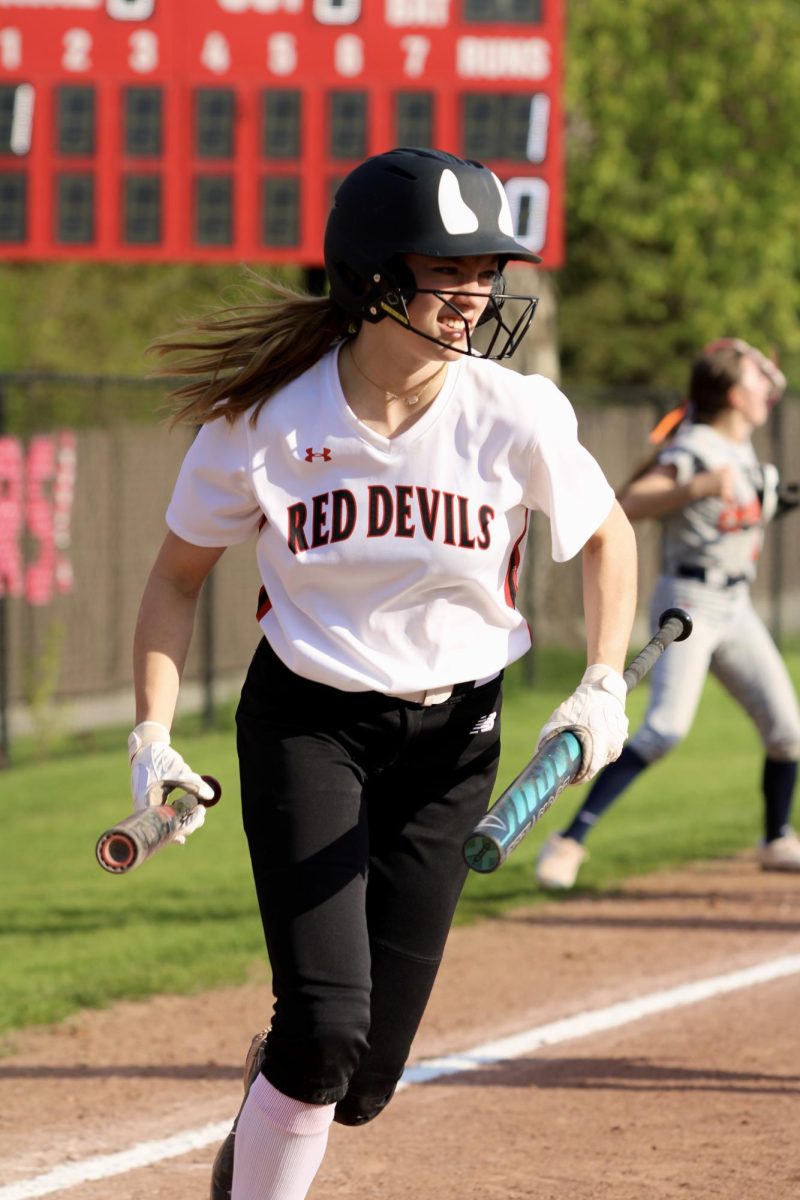The National Honor Society induction ceremony welcomes the incoming class across a candlelit stage with a gold embossed certificate and a yellow rose for each person.
With this ornate tradition, many NHS participants question the costs involved and wonder where their dues and fundraised money goes.
Ann Chapman and Allison Shaner, seniors in NHS, think the money raised through activities such as tutoring should be used to uphold the NHS pillar of service. “It should go to charity,” Chapman said.
However, according to NHS Sponsor Mrs. Julie May, it is actually spent on the induction ceremony. “Induction ends up being really expensive––between the certificates we have to buy, the candles, the flowers, the baked goods and the drinks for all the parents and all the participants who come in––it ends up costing a lot of money. When you start talking about 150 to 200 people, in certificates alone, you’re talking about a couple hundred bucks. We don’t mind though because it’s a really important event,” May said.
When it comes to the flowers, May recognizes that they won’t last forever––they die soon. Regardless, they spend thousands of dollars for both the stage floral arrangements and the individual student flowers.
“Are you guys worth spending $3-4 a rose to give you a rose at the induction? We think so. So part of it is just tradition. That’s what we do here, and we don’t want to downgrade it to just come and pick up your certificate; you sign the NHS book, you pick up your rose and you pick up your certificate,” May said.
NHS accumulates money through the fundraising efforst of its members. After induction, NHS spends this money on various club-wide events and dues cover t-shirt costs.
“All the money that is raised throughout the year goes to charity, with the exception of tutoring money, dues, and the Valentine’s Sale,” May said.
“The major things that we do are the breakfast at the beginning of the year and concessions for Turkey Bowl––which is a total money-loser for us, but we don’t care because it’s all about getting canned goods. This year, we paid several hundred dollars for food, and we maybe got a hundred bucks back,” May said.
Another event is the Date Auction, which requires NHS to cover more food expenses. “We’re going to be doing Date Auction, and we’re going to be paying for everyone to have dinner,” May said.
NHS is not unlike many other clubs at Central. Clubs have expenses that need to be covered, so any money taken in is naturally applied to these expenses. The extra money is left up to the discrestion of the student pod leaders and club sponsers to disperse.




